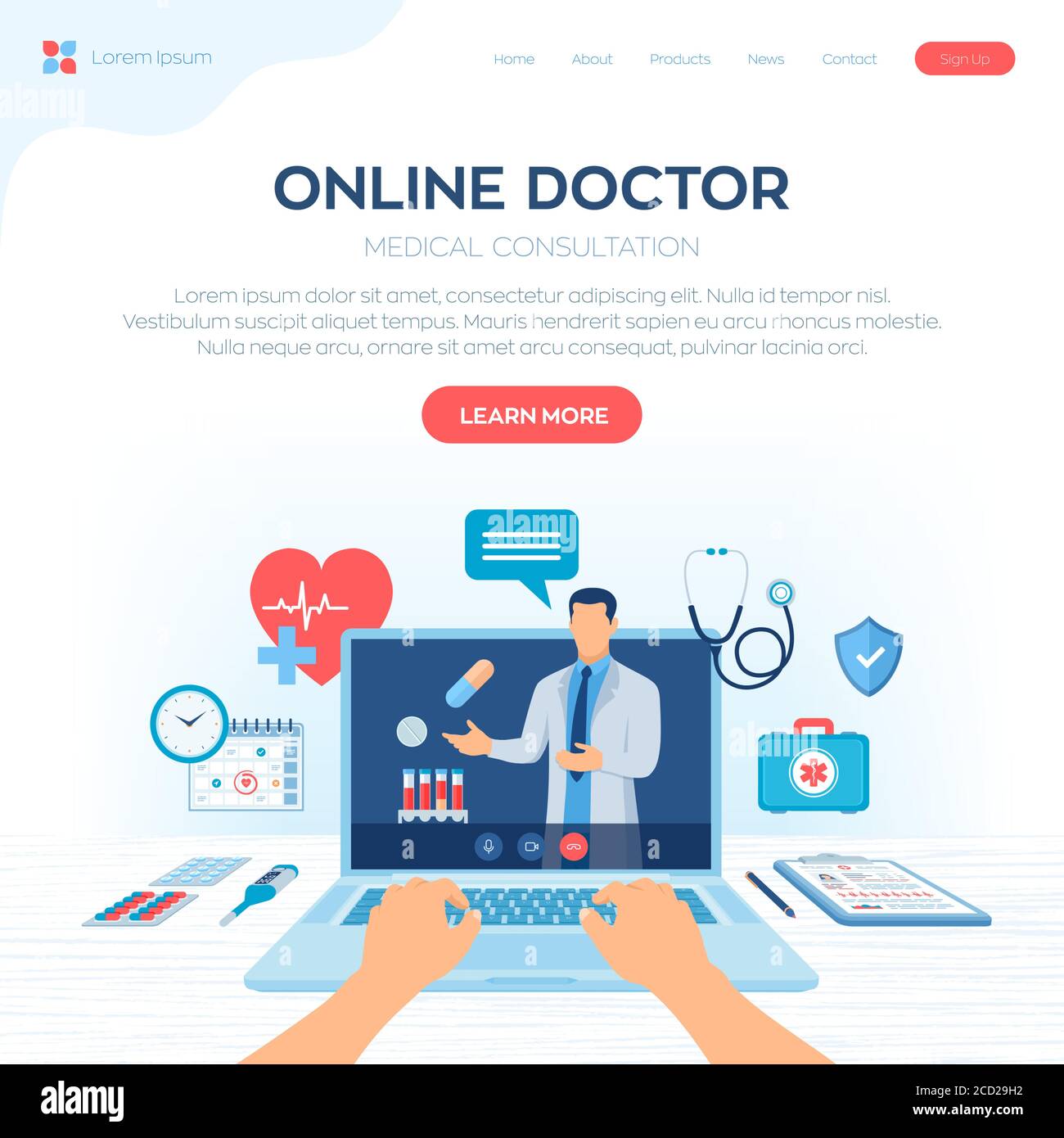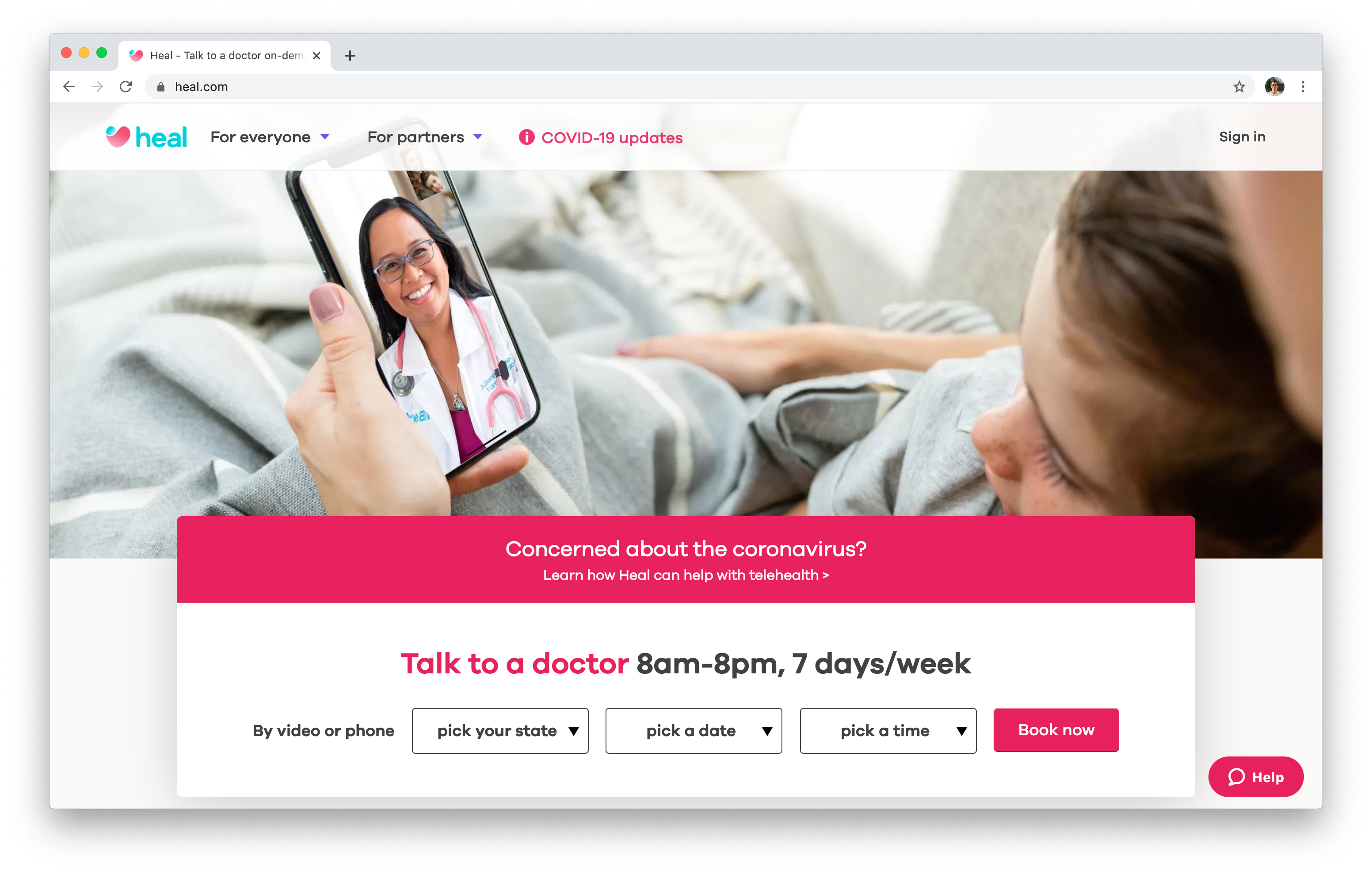The Increase of Subscription-Based Health Care and Its Influence On Individual Care
As medical care advances, the subscription-based version is gaining traction, guaranteeing to revolutionize patient treatment by supplying predictability and access. These designs, which bypass conventional insurance policy, can redefine the patient-doctor dynamic, stressing preventative and customized treatment. Yet, as with any kind of innovation, they provide obstacles, particularly concerning fair access for all socioeconomic teams. The potential for these versions to improve healthcare delivery increases pushing inquiries regarding their long-lasting sustainability and inclusivity. Are these subscription services the future of health care, or do they run the risk of leaving at risk populations behind? The details of this change warrant a more detailed examination.
Comprehending Registration Health Care Models
Understanding the concept of membership health care models entails analyzing a transformative strategy to clinical solutions that emphasizes affordability and ease of access. These designs, commonly referred to as straight health care (DPC) or attendant medicine, have become innovative alternatives to traditional fee-for-service health care systems. Registration healthcare permits people to pay a set regular monthly or yearly fee for a specified set of clinical solutions, which might consist of unlimited workplace visits, routine check-ups, and basic laboratory tests, without the requirement for standard insurance policy billing.
The framework of subscription medical care versions is made to streamline client treatment by removing third-party payers and complicated billing codes, thus decreasing management worries. Healthcare providers can concentrate much more on patient treatment, promoting more powerful patient-provider partnerships. This design likewise promotes preventative care by encouraging routine check outs, as the monetary obstacle of per-visit fees is gotten rid of.
The membership version commonly equips healthcare service providers to take care of smaller individual panels, allowing for more tailored care. It straightens monetary incentives with patient health end results, as carriers are encouraged to maintain person satisfaction and health. In general, recognizing subscription health care models requires recognizing their prospective to improve how treatment is provided and accessed.
Benefits for People and Service Providers

With a steady earnings stream, health care professionals can commit more time to each person, leading to an extra comprehensive and personalized treatment experience. The emphasis on preventive care within membership plans can lead to far better individual outcomes and minimized long-term health care prices.
Difficulties and Problems
While subscription-based health care models existing countless benefits, they additionally come with a set of obstacles and issues that have to be dealt with. Initially, ease of access stays a significant problem, as these versions typically target individuals that can afford regular monthly costs, potentially omitting low-income populaces. This increases honest concerns concerning equitable accessibility to medical care solutions. In addition, the different nature of registration strategies can lead to complication amongst people concerning insurance coverage specifics, possibly causing unmet assumptions or poor care.
Financial sustainability of subscription-based models is another issue. Carriers have to balance the fixed revenue from memberships with the variable expenses of health care services, which may vary due to unexpected clinical needs. go to this site This can produce pressure to restrict solutions or rise charges, possibly affecting person contentment and care top quality.
Furthermore, regulatory oversight of subscription-based medical care designs is still progressing. Addressing these difficulties is critical for the equitable and successful implementation of subscription-based healthcare.
Effect On Patient-Doctor Relationships
One substantial impact of subscription-based healthcare versions on patient-doctor connections is the potential for enhanced continuity and individualized care. By embracing a membership model, medical professionals can manage a smaller sized individual panel, enabling even more dedicated time with each person. This raised schedule promotes a much deeper understanding of a patient's medical history, way of living, and preferences, making it possible for much more customized therapy plans and treatments.

However, it is very important to recognize that while subscription-based versions might benefit those that can manage them, they could unintentionally broaden healthcare differences. Individuals who are unable to get involved in these designs might experience lower accessibility to individualized care, possibly affecting their relationships with doctor. Hence, while the membership version uses promising benefits for patient-doctor relationships, it likewise postures obstacles that need to be resolved to ensure fair healthcare gain access to.
Future of Medical Care Gain Access To

The duty of modern technology can not be overlooked in this change. Telemedicine platforms and electronic health and wellness records assist in seamless communication between clients and doctor, breaking down geographical and logistical barriers. Additionally, advancements in synthetic intelligence and data analytics can further personalize healthcare by anticipating person demands and enhancing treatment plans.
However, the future of healthcare accessibility additionally provides difficulties, such important link as making sure equity across pop over to this site different socio-economic teams. Policymakers and doctor have to team up to connect the digital divide, ensuring that subscription-based versions stay cost effective and inclusive. As these systems mature, they hold the promise of making healthcare extra available, reliable, and patient-centric.
Final Thought
Subscription-based healthcare models are improving patient care by giving a secure cost framework and enhancing availability. The surge of subscription-based medical care motivates proactive patient engagement, which has the possible to improve patient outcomes and satisfaction, indicating a transformative change in healthcare distribution.
As medical care develops, the subscription-based version is obtaining grip, assuring to transform patient treatment by providing predictability and availability.Subscription-based medical care versions supply distinctive benefits for both carriers and individuals, boosting the general medical care experience.As medical care systems progress, the future of health care accessibility often pivots on the assimilation of ingenious versions and modern technologies.Subscription-based healthcare models are reshaping client care by offering a secure price structure and boosting ease of access. The surge of subscription-based medical care motivates proactive person interaction, which has the potential to improve individual results and satisfaction, signaling a transformative shift in medical care distribution.